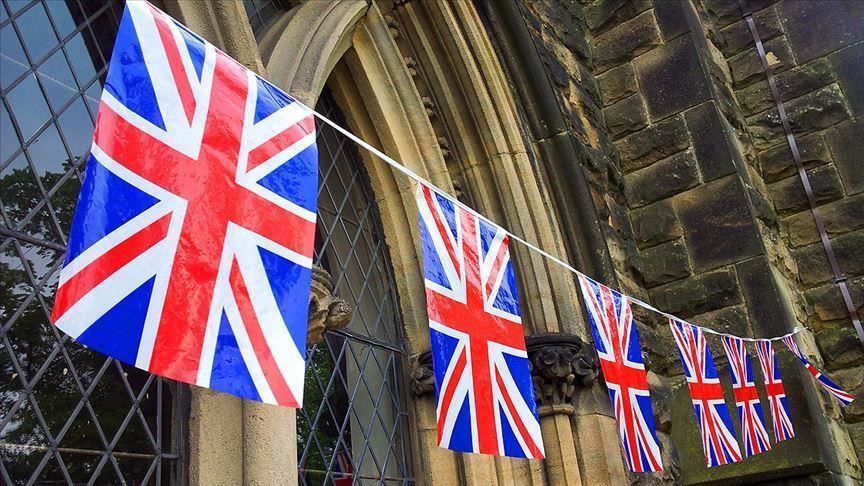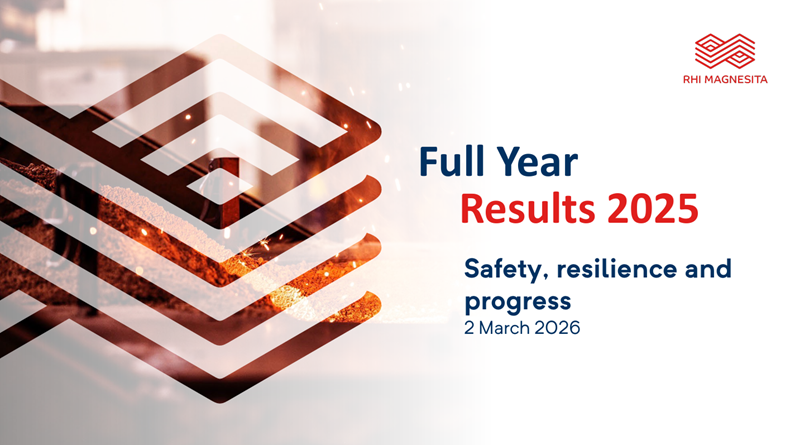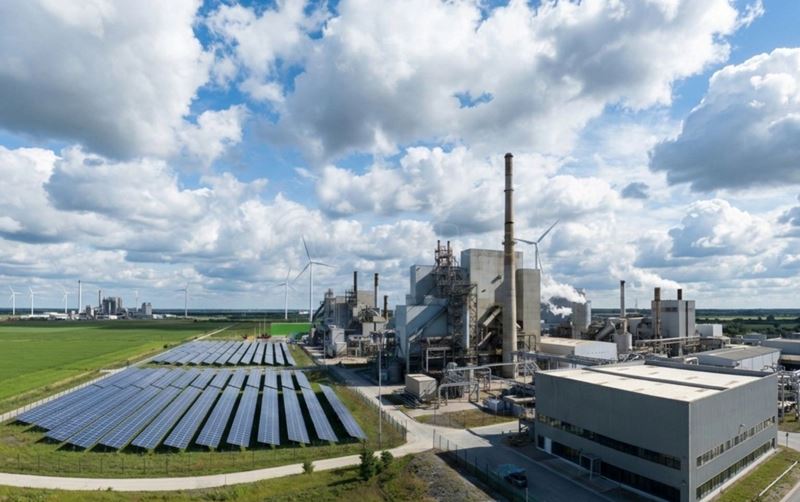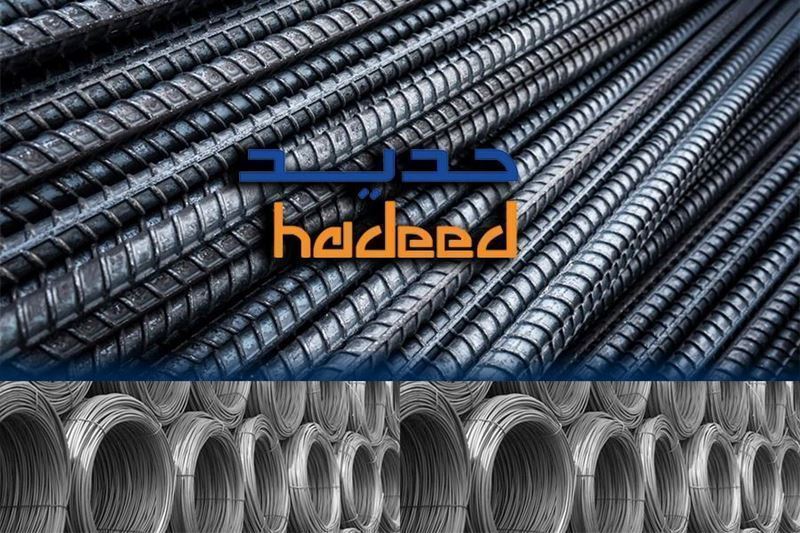According to Glystra, The United Kingdom's scrap consumption is only about 25% on a yearly basis. The low level of its use is also determined by electricity prices.
However, Glystra noted, it is expected that the growth in demand for scrap in the UK could lead to a 70% increase in its consumption in 2027.
The UK Steel representative reminded that about 77% of steel is produced by countries that have introduced or plan to introduce measures restricting scrap exports.
According to Glystra, the UK’s scrap exports and subsequent re-importation of steel leads to an additional 1.5 million tons of carbon emissions annually. In addition, 60% of UK scrap exports go to non-OECD countries, many of which have lower environmental standards.
The expert believes that scrap policy is essential for the UK steel sector’s transition to net zero. Domestic buyers should be able to compete on equal terms with buyers in export markets. In addition, innovation will be required to meet the growing demand for high quality scrap to produce steel that has not previously been produced in electric arc furnaces (EAFs).
Green transition of the British steel industry will increase demand for scrap in the country, Gareth Stace, chairman of UK Steel, noted in his report that the challenge for the steel industry will be to ensure that there is enough of this raw material to fuel more electric arc furnaces. According to the organization, the UK annually produces 10-11 million tons of steel scrap, of which less than 3 million tons are processed, the rest is exported due to insufficient demand from local steelmakers.











Yorumlar
Henüz yorum yapılmadı